Vital Skills: Learning Basic Repair Skills Before A Hurricane
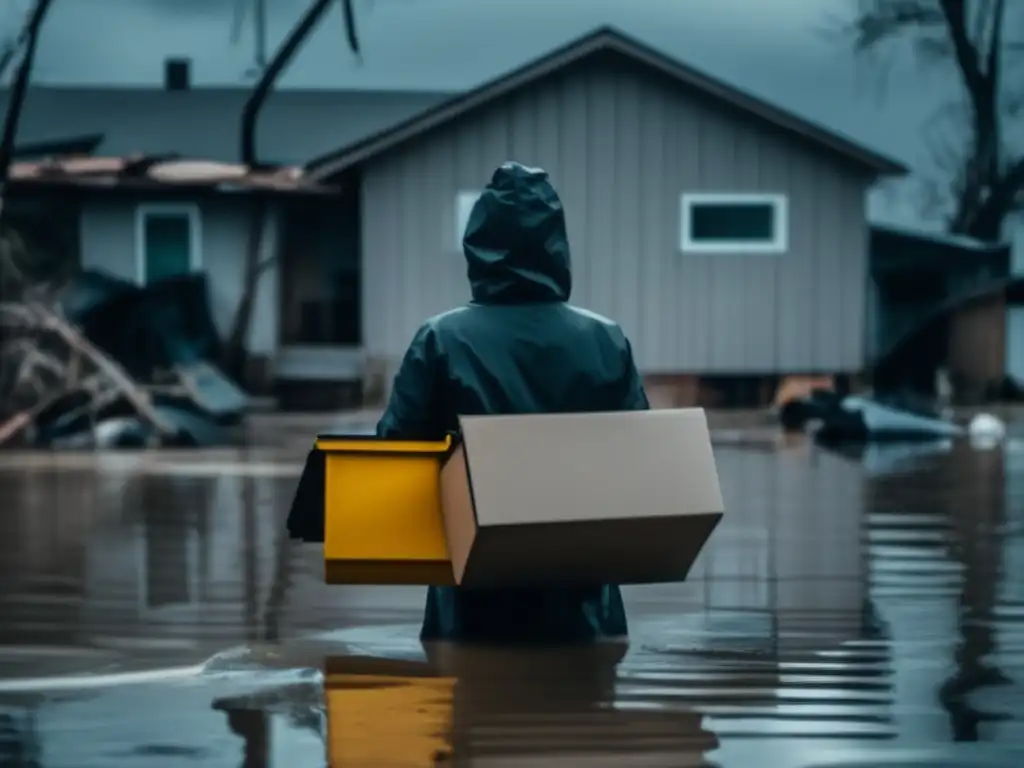
Vital Skills: Learning Basic Repair Skills Before a Hurricane
Introduction
Hurricanes are one of the most destructive natural disasters that can occur. They bring high winds, heavy rains, and storm surges that can lead to significant damage to homes, businesses, and infrastructure. In the aftermath of a hurricane, it's common for people to need repairs done to their properties. However, with limited resources and an influx of demand, repair services can become scarce. By learning basic repair skills ahead of time, homeowners can save themselves time and money in the aftermath of a hurricane. In this article, we'll discuss some of the critical repair skills that homeowners should consider learning before the next hurricane season.
Roof Repairs
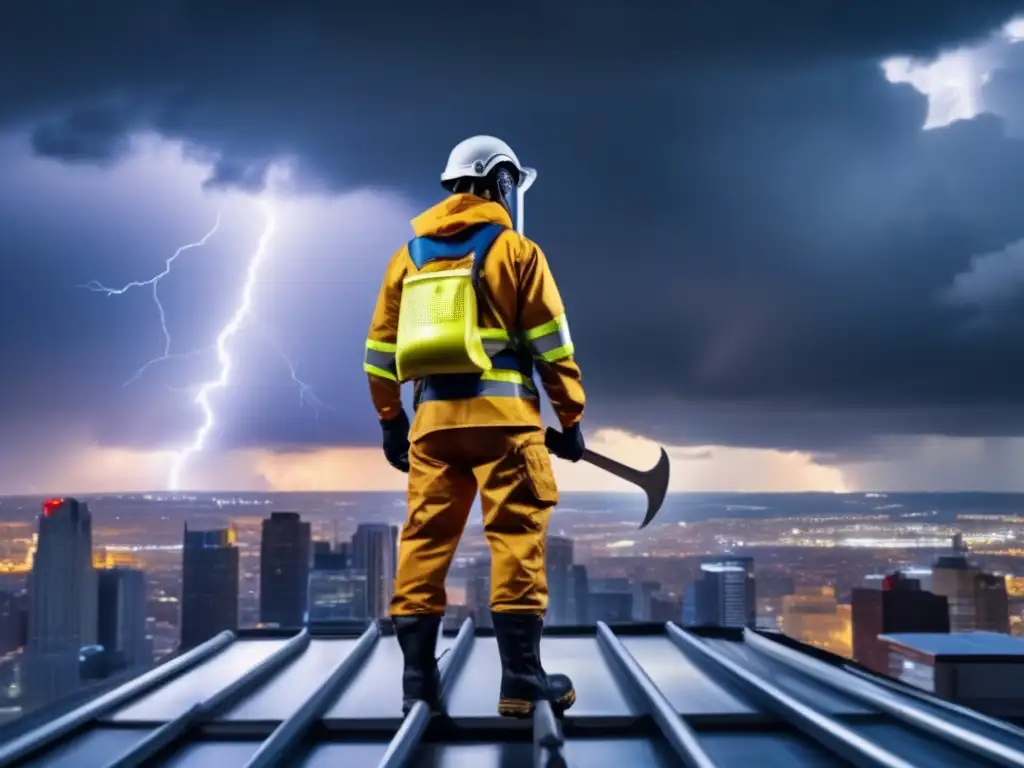
One of the most common types of damage that hurricanes can cause is damage to roofs. High winds can rip shingles off or even tear entire sections of the roof away. As a homeowner, there are some basic roof repair skills that you can learn to help prevent further damage to your home.
Firstly, it's essential to have the right tools. These include safety equipment like gloves, goggles, and a hard hat, as well as a ladder, roofing cement, and roofing nails. You can also purchase a roof repair kit, which will include all the necessary materials and instructions to make repairs on your own.
To repair a damaged section of the roof, you'll need to follow a few steps. Firstly, remove any debris from the damaged area, such as loose shingles or nails. Then, apply roofing cement to any cracks or holes in the roof. Finally, replace any missing or damaged shingles by nailing them down securely.
Safety Considerations
It's important to keep in mind that roof repairs can be dangerous and should only be attempted if you are confident in your abilities. Always wear safety equipment when working on a roof, and never attempt to make repairs if the weather conditions are not safe.
Window and Door Repairs
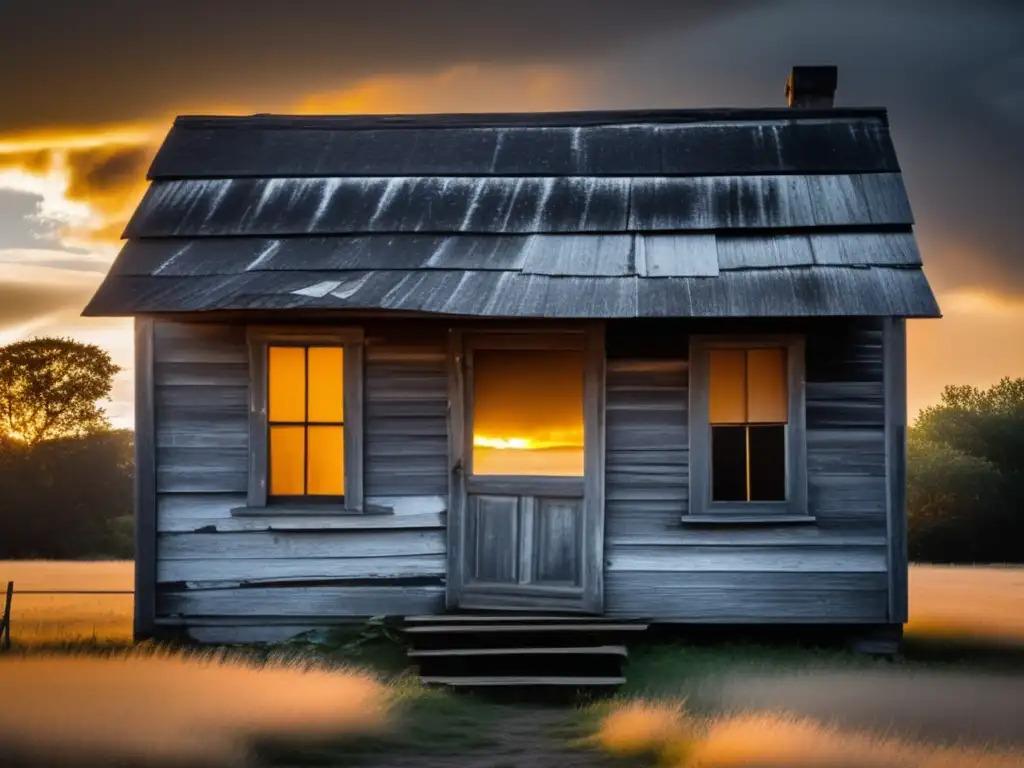
Another common type of hurricane damage is damage to windows and doors. High winds can cause them to break or become dislodged from their frames. As a homeowner, there are a few basic window and door repair skills that you can learn to help prevent further damage to your home.
To start with, it's important to have the right tools. These might include a hammer, screwdriver set, pliers, putty knife, and replacement glass. Start by removing any broken glass, and then clean the frame thoroughly. If the frame is damaged, you may need to sand it down before applying wood filler. Once the wood filler has dried, you can sand it smooth and apply a fresh coat of paint.
Safety Considerations
As with all repairs, it's important to take safety precautions when working with glass. Wear gloves and eye protection and be careful when handling broken glass.
Electrical Repairs
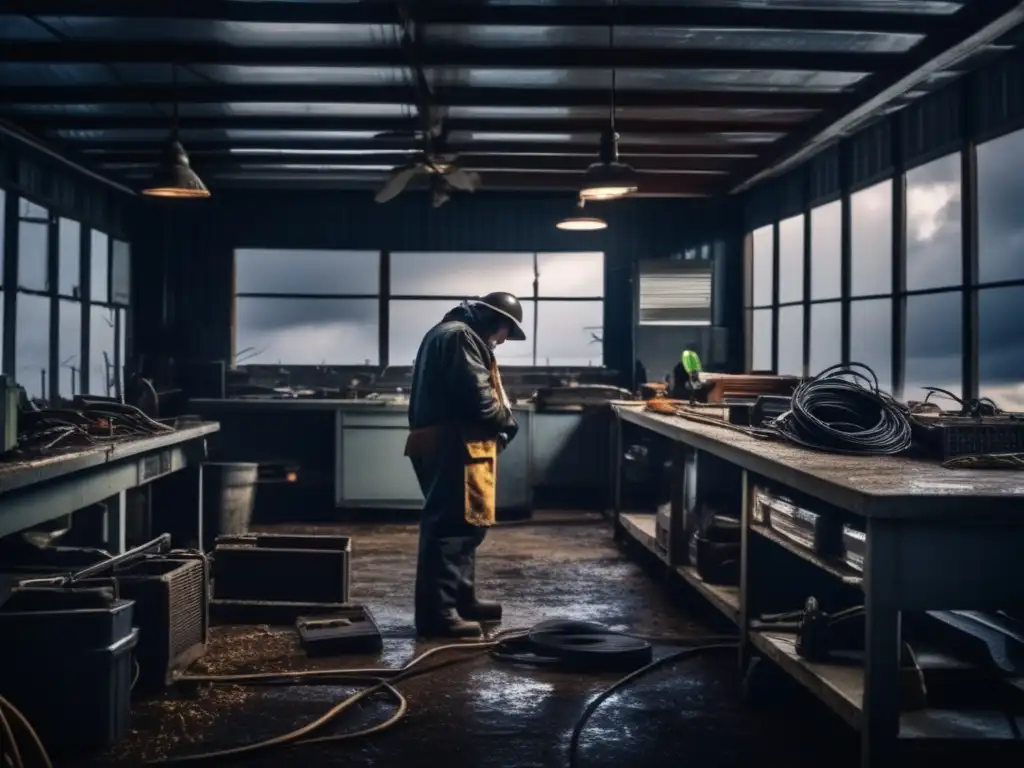
Finally, it's also essential to know how to make basic electrical repairs in your home in case of hurricane damage. Hurricanes can cause power outages, which can damage electrical systems and wiring in your home.
Before attempting any electrical repairs, it's vital to turn off the power to the affected area. You'll need to have some basic tools, including wire cutters, pliers, and a voltage tester. Be sure to check for any signs of frayed or damaged wires and replace them as necessary.
Safety Considerations
It's critical to remember that working with electricity can be extremely hazardous. Always wear rubber-soled shoes and insulated gloves when working with electrical systems, and turn off the power and test the circuit before making any repairs.
Frequently Asked Questions
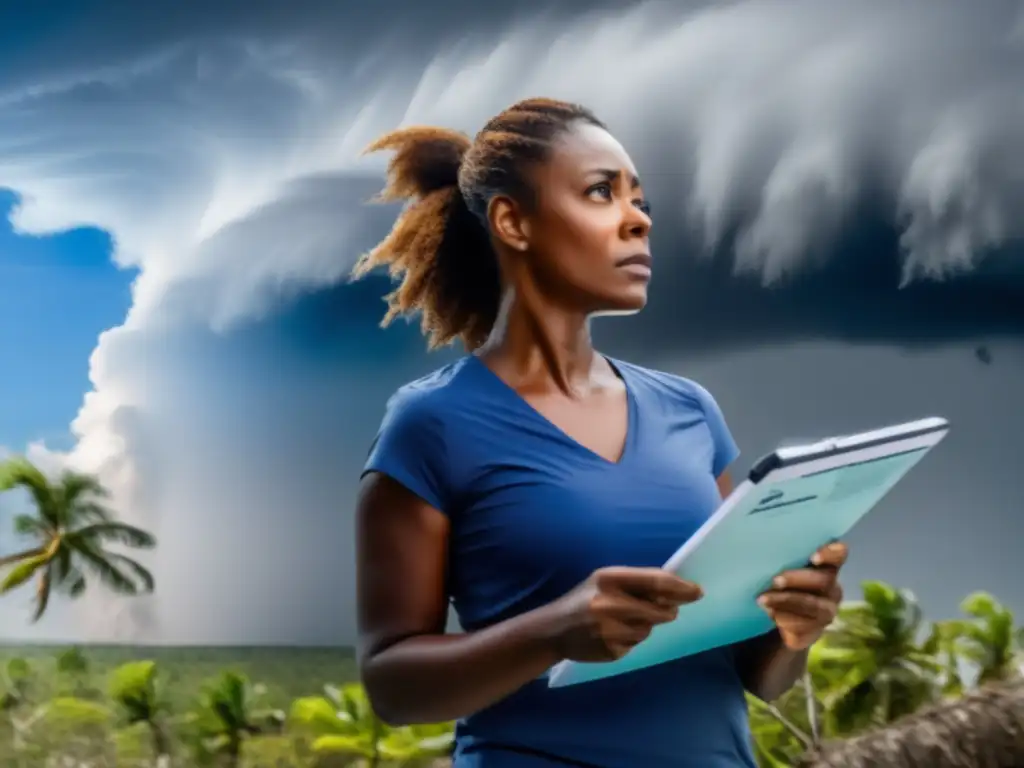
-
What kind of safety equipment do I need to make hurricane repairs?
You should always wear gloves, goggles, and a hard hat when making hurricane repairs. Depending on the type of repair you're making, you may also need insulated gloves, rubber-soled shoes, and ear protection.
-
Can I make roof repairs by myself?
Roof repairs can be dangerous and should only be attempted if you are confident in your abilities. You should also make sure that the weather conditions are safe before attempting any repairs.
-
Is it safe to work with electricity after a hurricane?
It's important to take proper precautions when working with electricity after a hurricane. Always turn off the power to the affected area and wear rubber-soled shoes and insulated gloves when making repairs.
-
What should I do if I don't feel confident in making hurricane repairs by myself?
If you don't feel confident in making hurricane repairs by yourself, it's best to contact a professional service. It may be more expensive, but it will ensure that the repairs are done correctly and safely.
-
What other skills should I learn before a hurricane?
Other essential skills to learn before a hurricane include first aid, emergency preparedness, and how to shut off gas, water, and electricity to your home.
Conclusion
Hurricanes can cause significant damage to homes, businesses, and infrastructure. Learning basic repair skills ahead of time can save homeowners time and money in the aftermath of a hurricane. By learning how to make roof, window, and electrical repairs, homeowners can help prevent further damage to their properties. However, it's essential to take proper safety precautions when making repairs and to contact professional services if you don't feel confident in your abilities.
Additional Resources
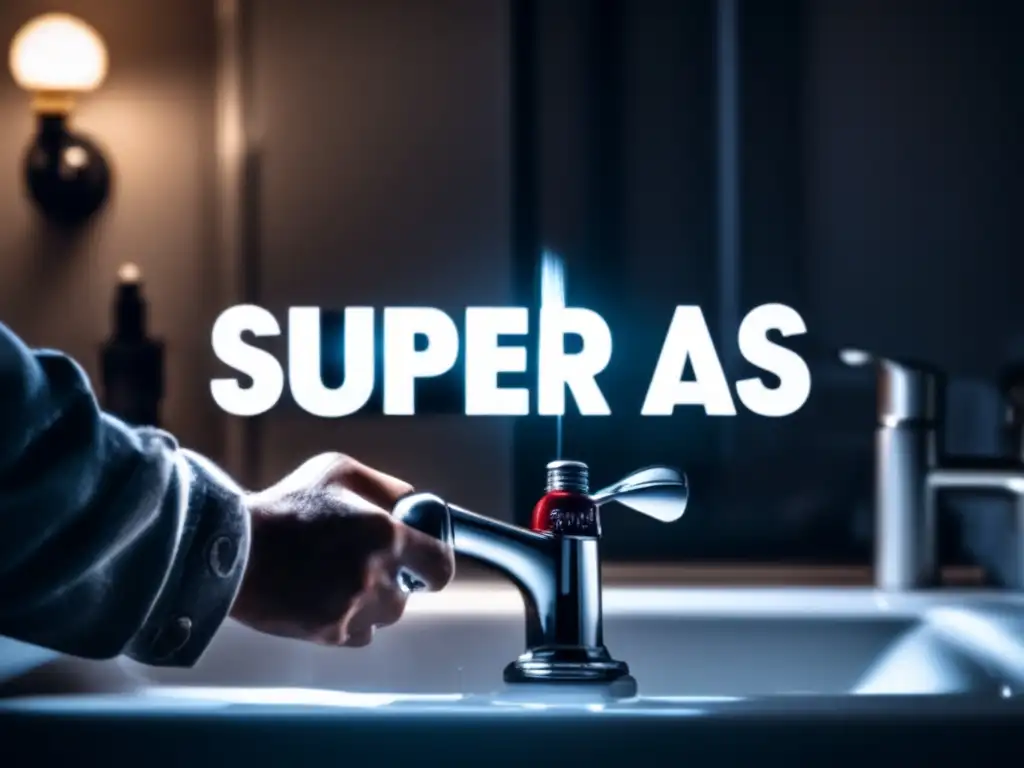
- American Red Cross - Hurricane Preparedness
- High Country News - How to prepare for a wildfire or hurricane during a pandemic
- National Hurricane Center
If you want to discover more articles similar to Vital Skills: Learning Basic Repair Skills Before A Hurricane, you can visit the Hurricane preparedness: category.
Leave a Reply


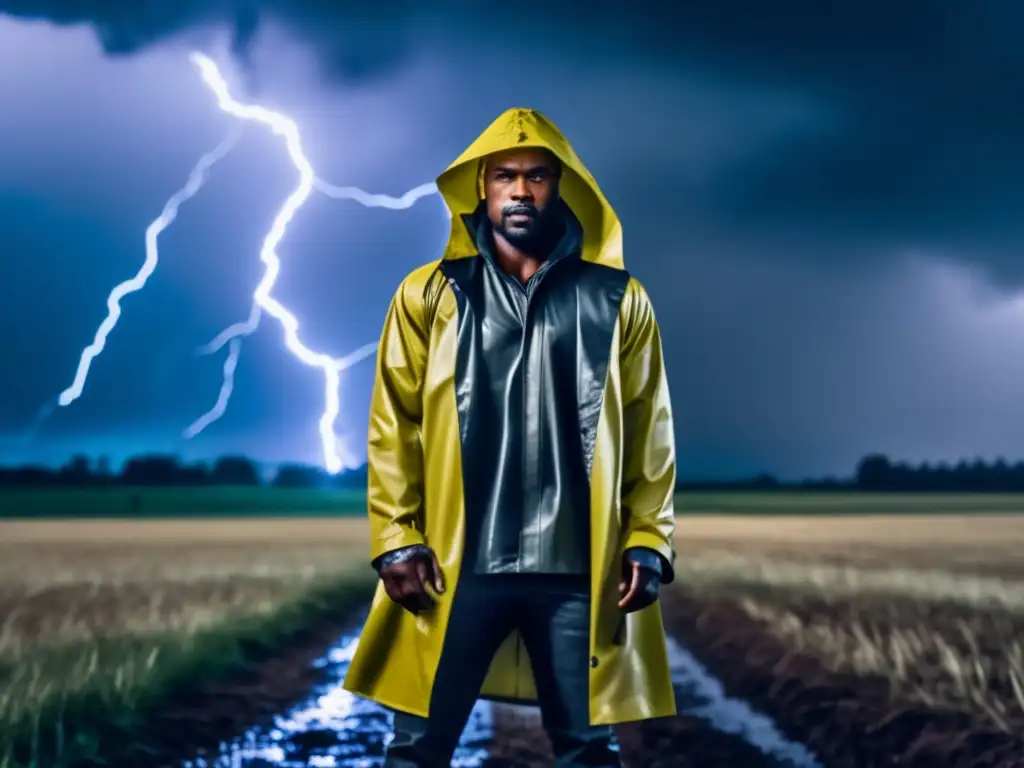

Articulos relacionados: